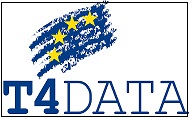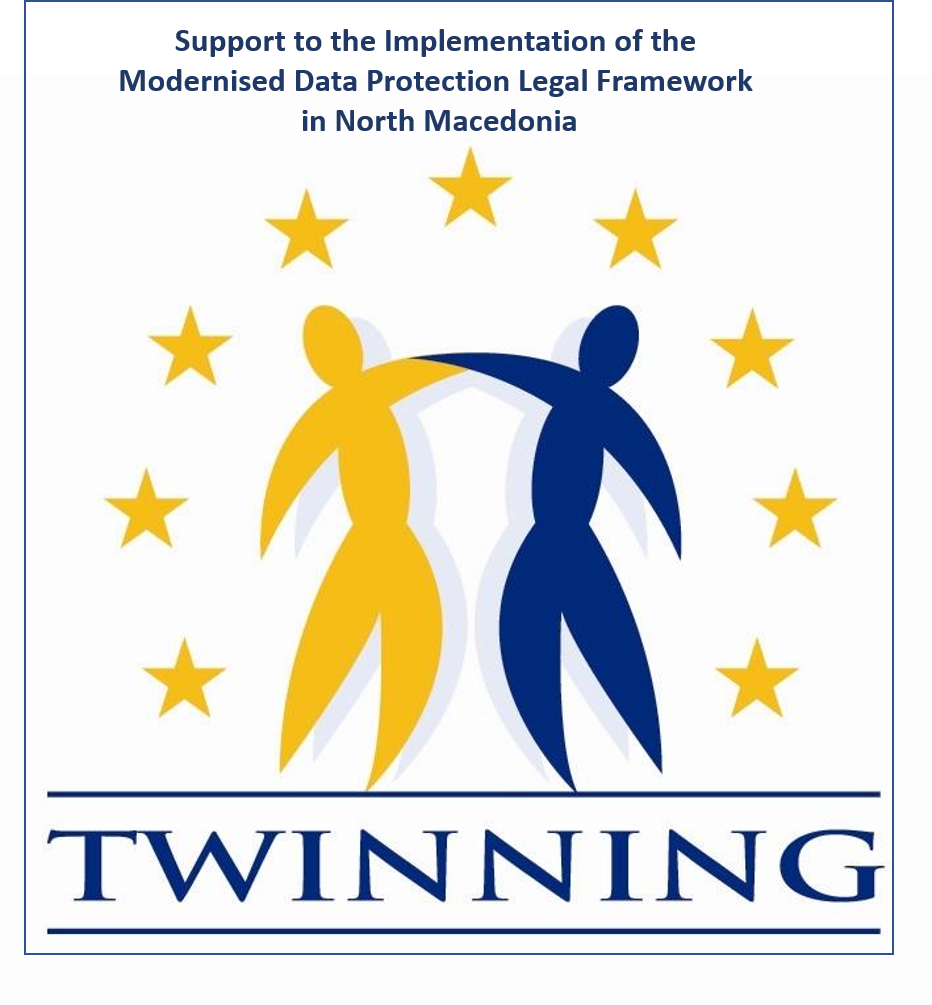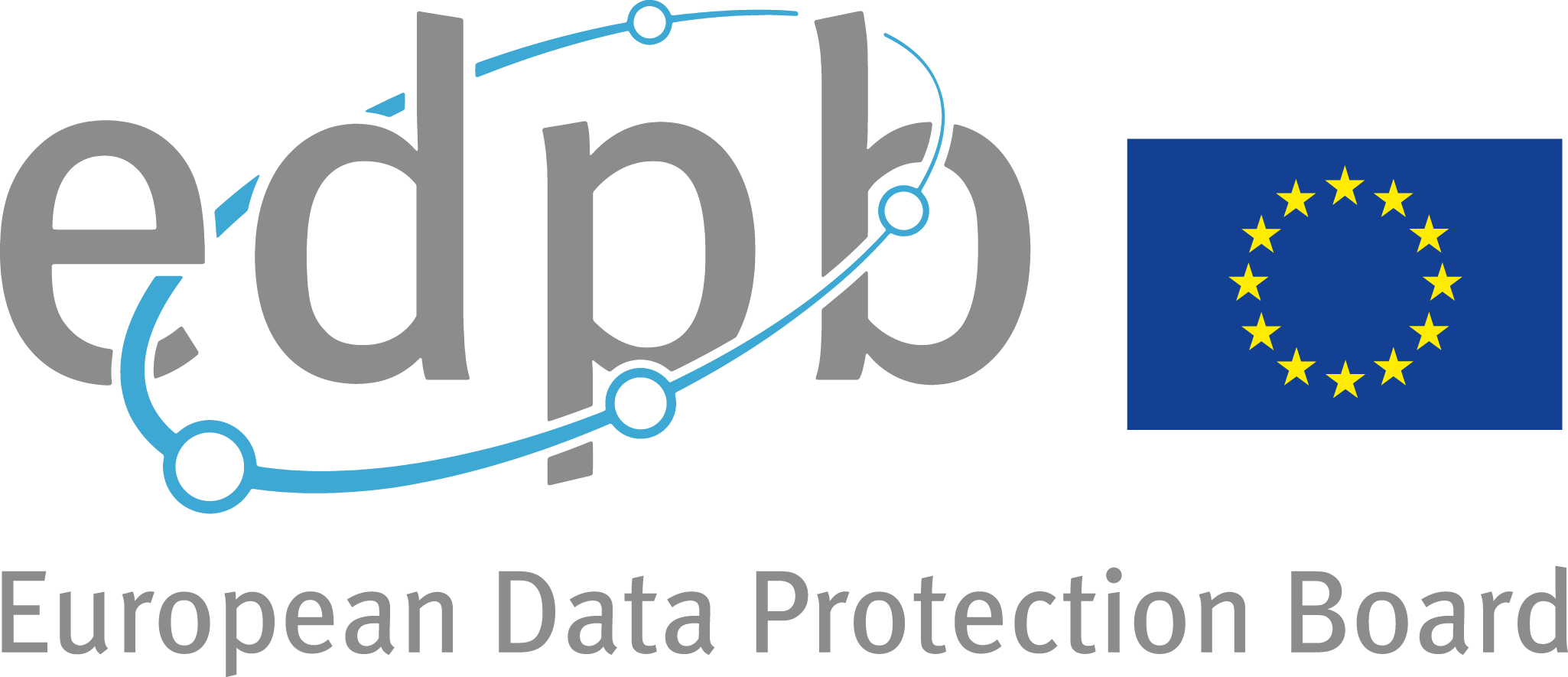

T4DATA is a transnational project that aims to provide support for training of data protection supervisory authorities and the data protection officers of public bodies on the practical implications and possible interpretations of the European General Data Protection Regulation (GDPR).
https://www.fondazionebasso.it/2015/ricerche-progetti/t4data-news/
DURATION: January 2018 – December 2019
Activities:
– Transnational Training for Trainers addressed to Data Protection Authorities (DPAs) in order to build a common understanding and interpretation of the GDPR requirements; to strengthen the capacity of DPAs to build mutual trust among them so as to improve future transnational cooperation and to allow DPAs to learn from their respective experience. Three training events will be organized (two will take place in Italy and one in Poland).
– Local trainings addressed to the DPOs or to the leading figures of central, regional/local authorities in order to train them on the provisions of the GDPR and to raise awareness of the role, competences and main responsibilities of DPOs. Four local trainings will be organized in each partner country.
– Webinars of 48 hours of lessons will be organized and made avaible in each partner country to reach a greater audience.
– Final international conference to disseminate the knowledge base on the GDPR and to present the results of the project
RESULTS:
For DPAs:
– Increased knowledge of the GDPR;
– Enhanced capacity of DPAs to support public authorities in establishing a framework for accountability in accordance with GDPR in their country;
– Strengthened cross – border cooperation and possibility of future cooperation.
For civil servants and public authorities:
– Strengthened capacity of addressing the challenge of applying the GDPR in national context;
– Raised awareness and understanding of the role, competences and main responsibilities of DPOs;
– Developed capacity of building a European culture of monitoring, reviewing and assessing data processing.




